Laboratories in mechanical engineering serve as crucial spaces where students and researchers can apply theoretical knowledge to practical experiments, fostering a deeper understanding of mechanical principles and techniques. These labs are equipped with various tools, equipment, and software to conduct experiments, analyse data and simulate real-world scenarios.
- Basic Engineering workshop:
The Basic Engineering Workshop serves as a foundational space within engineering departments, offering students an introduction to fundamental concepts and practical skills across various engineering disciplines. This includes welding, plumbing, carpentry, smithy, sheet metal, etc.
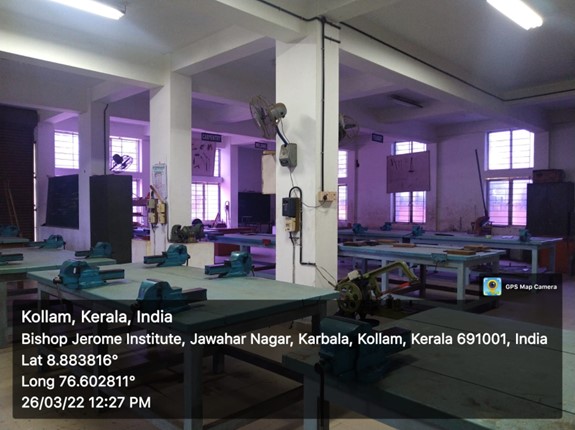
- Fluid Mechanics Lab:
In this lab, students study the behavior of fluids (liquids and gases) under different conditions. They conduct experiments to measure flow rates, pressure, viscosity, and turbulence. Equipment such as flow meters, pressure gauges, and pumps are used to demonstrate principles like Bernoulli's theorem, Reynolds number, and fluid dynamics.
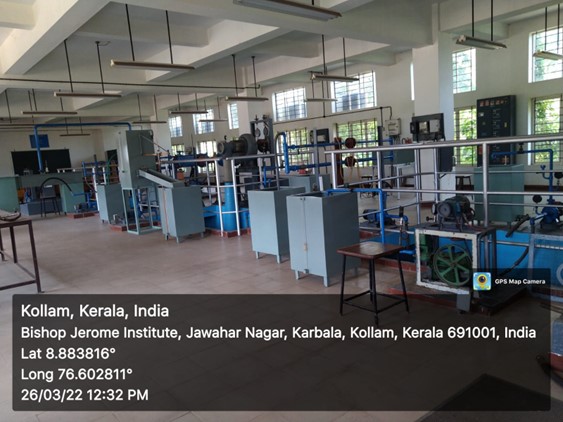
- IC Engines Lab
The Internal Combustion Engines Lab is a specialized facility within mechanical engineering departments dedicated to the study, experimentation, and analysis of internal combustion engines. These engines are pivotal in various industries, including automotive, aerospace, marine, and power generation.
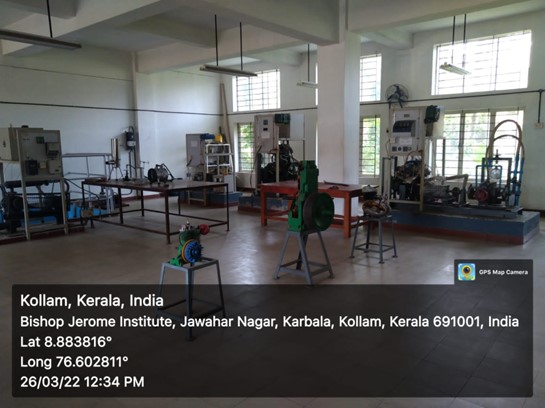
- Thermal Engineering Lab:
Here, students explore concepts related to heat transfer, energy conversion, and thermodynamic cycles. They conduct experiments to analyze the performance of engines, refrigeration systems, and heat exchangers. Instruments like calorimeters, thermocouples, and pressure transducers help in measuring parameters such as temperature, pressure, and heat flow.

- CAD Lab:
Computer-Aided Design (CAD) is an essential tool for modern mechanical engineers. In this lab, students use software like AutoCAD, SolidWorks, and CATIA to create 3D models, simulate mechanical systems, and generate tool paths for CNC machines. Hands-on experience with CAD software enhances design skills and manufacturing efficiency.
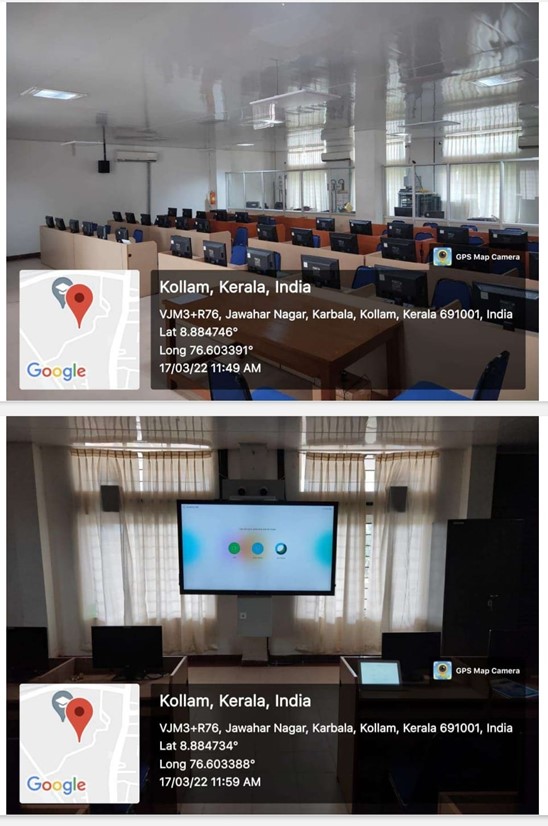
- Machine Shop:
While not technically a lab, machine shops are essential facilities in mechanical engineering departments. Here, students gain practical experience in machining processes such as turning, milling, drilling, and welding. They learn to operate conventional and CNC machines safely and efficiently, fabricate components, and assemble mechanical systems.
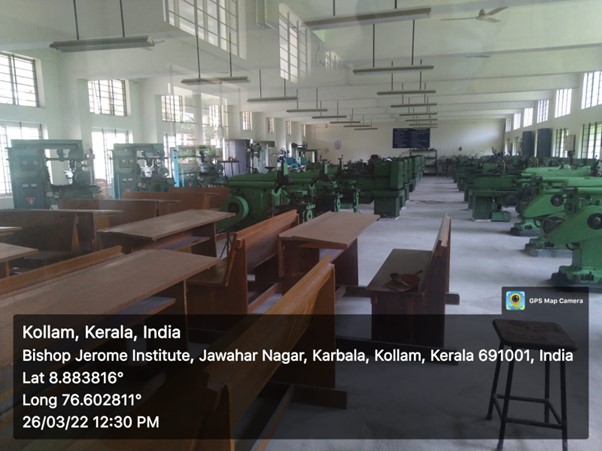
- Metrology Lab:
The Metrology Lab is a specialized facility within engineering departments that focuses on the precise measurement and analysis of components and systems. Metrology is crucial in ensuring quality control, accuracy, and reliability in engineering applications.
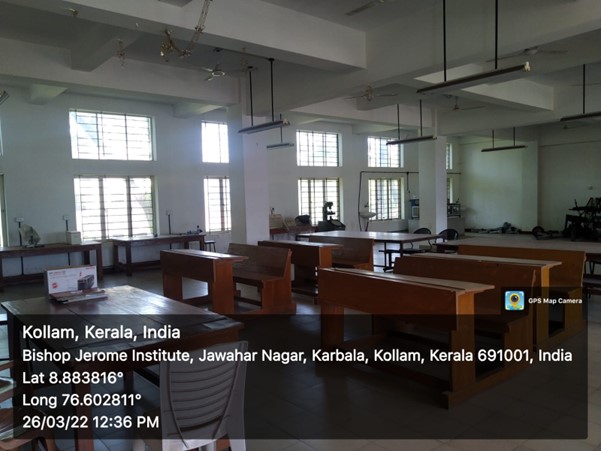
- Overview
- Program Outcomes (POs)
- Program Specific Outcomes (PSOs)
- Program Educational Objectives (PEOs)
- Curriculum/Syllabus
- Faculty and Technical Staff
- Events
- Activities
- Department Associations
- Internships
- Industrial Visit
- Workshops
- Faculty and Technical Staff Achievements
- FDP Organized
- FDP Attended
- Achievements
- Publications
- Industry Interaction
- Faculty and Technical Staff Achievements
- Student Achievements
- Conferences
- Lab Facilities
- Photo Gallery
- Newsletters
- Brochure
- Mentoring System
